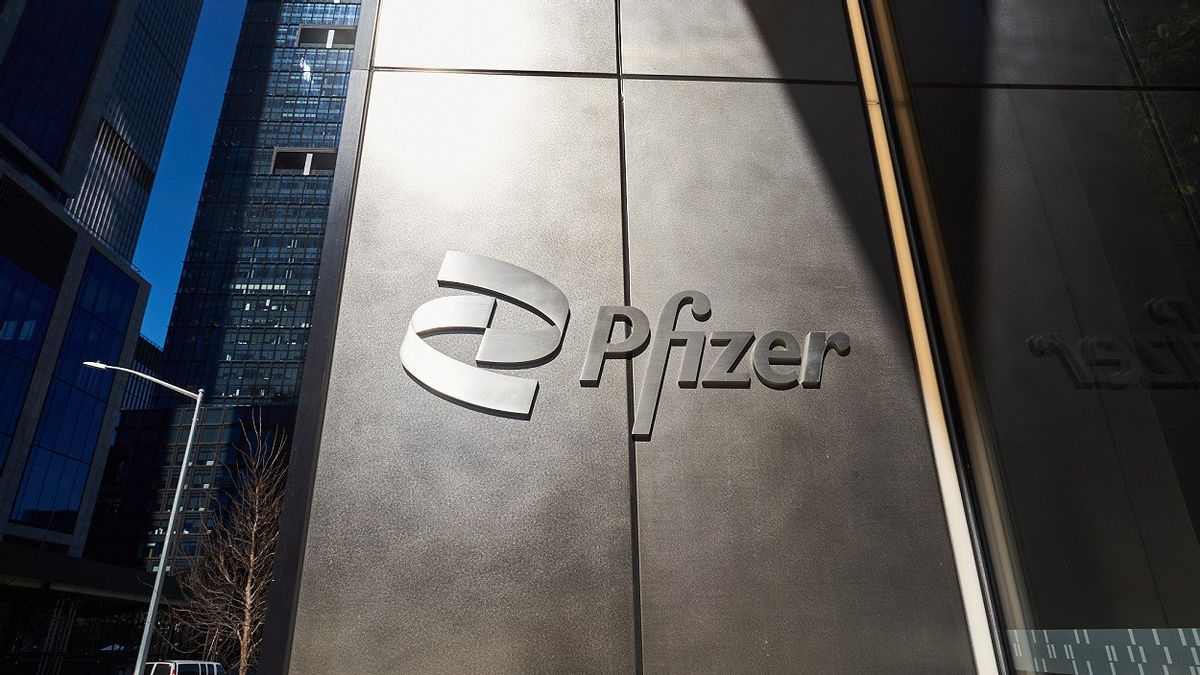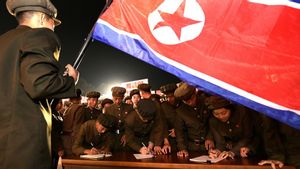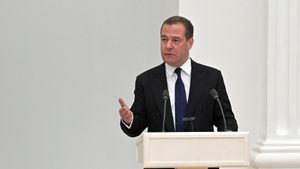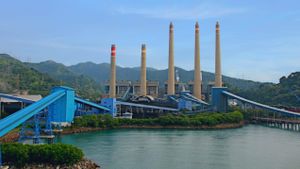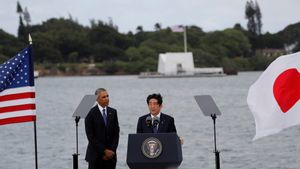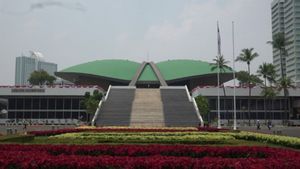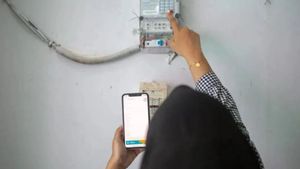JAKARTA - The United States Food and Drug Administration (FDA) approved the use of Pfizer's viral respiratory vaccine (RSV) to be used in pregnant women to protect their fetuses.
The approval allows administration of vaccines to women with a gestational age of 32 to 36 weeks, to prevent lower respiratory tract infections and severe disease in infants until they are six months old, the company said.
An FDA panel of experts from outside supports the safety and effectiveness of Pfizer's RSV vaccine for women in the second and third trimester in early May, as reported by Reuters on Aug. 22.
The FDA's decision is based on data from late-stage trials with more than 7,000 participants showing the vaccine has an effectiveness rate of up to 82 percent to prevent severe infections in infants when given to pregnant women in the second half of their pregnancy.
Pfizer said the most common side effects in pregnant women were fatigue, headaches, pain at the injection site, muscle aches, nausea, joint pain and diarrhea.
A Pfizer spokesman was unable to comment on the FDA's reasons for limiting the timing of vaccines, but said the company believed the injection would have a positive impact on public health and infection rates at RSV.
RSV is a common respiratory virus that usually causes mild symptoms such as colds, but can also cause serious illness and hospitalization.
The vaccine, which is sold under the Arrysvo brand, has been approved for use in adults aged 60 years and over, to prevent infection with the disease that kills about 160,000 people worldwide each year.
In addition, babies have the greatest risk of suffering from severe illness due to RSV. It is estimated that 58,000 to 80,000 children under the age of five are hospitalized each year due to hospital infection in the US, according to government data.
SEE ALSO:
Separately, the US Centers for Disease Control and Prevention (CDC) still needs to sign the use of the vaccine, making it the first external shot against the widely available RSV in the United States. This is expected to take place soon after the announcement of approval on Monday.
Meanwhile, some experts voiced concern at the advisory committee meeting, regarding the higher number of premature births among those receiving the vaccine in clinical trials, compared to pregnant women in the placebo group.
Previously, Sanofi and his partner AstraZeneca had received US approval for their antibody therapy, nirsevimab in July, to prevent lower respiratory tract diseases in infants and toddlers.
The English, Chinese, Japanese, Arabic, and French versions are automatically generated by the AI. So there may still be inaccuracies in translating, please always see Indonesian as our main language. (system supported by DigitalSiber.id)
